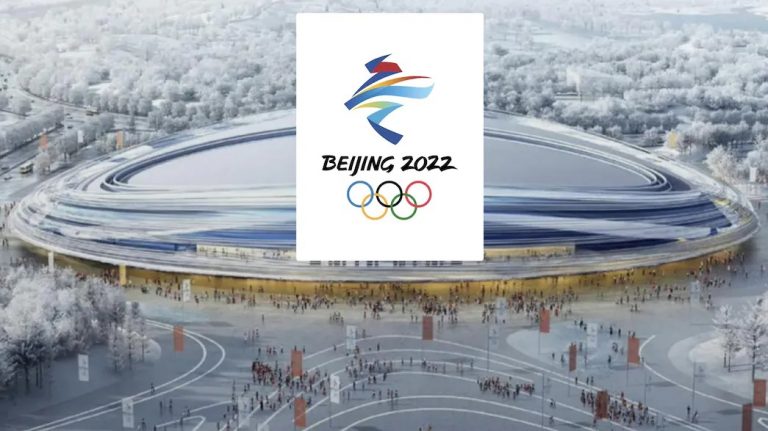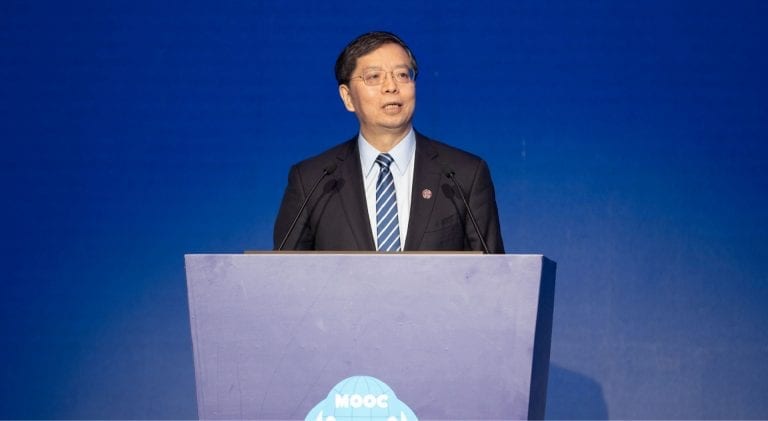This Tsinghua University course (undergraduate-level) is a part of the Global Hybrid Classroom (GHC) Certificate program.
The program has four modules: Public Finance, Economic Development, International Trade, and Analysis of International Macroeconomic Policies, and will introduce research on Applied Economics. In each module, main theories of a field will be introduced, and the practice and policies related to China’s reform and opening-up will be discussed and analyzed.
Students are expected to master the basic theories of Public Finance, Development Economics, International Trade, and International Macroeconomics, and understand China’s economic-related policies.
Requirements:
- The program will be taught in English, and students are required to be proficient in English.
- Students are encouraged to take the following courses before applying to the program: Principles of Economics, Intermediate Microeconomics, Intermediate Macroeconomics, and university-level Mathematics.
“Applied Economics: Theory and Policy” certificate is compromised of 4 courses:
Global Hybrid Courses (GHC) is currently open to current students from overseas partner universities of Tsinghua University, and it’s free. If your university (instructor or students) would like to join the program and experience what it is like to teach and learn in a truly global classroom, please contact the Assistant Secretary-General of the Global MOOC Alliance at [email protected] or [email protected].
How to attend our GHC courses?
- Tsinghua University will send the list of GHC courses to overseas partner universities every semester. These universities will notify students to enroll and priority will be given to students eager to take part
- Students from overseas partner universities have to complete the courses required by the GHC Certificate within a specified time. After completing each course, they will receive a GHC transcript issued by Tsinghua University.
- Students from overseas partner universities attending Tsinghua’s postgraduate courses, whose own universities do not allow for credit transfer, can enjoy credit exemption if they study for postgraduate degrees at Tsinghua University in the future.
How to apply for the certificate upon completion of the required courses?
- Please send your name, university, and GHC transcripts to us at [email protected]

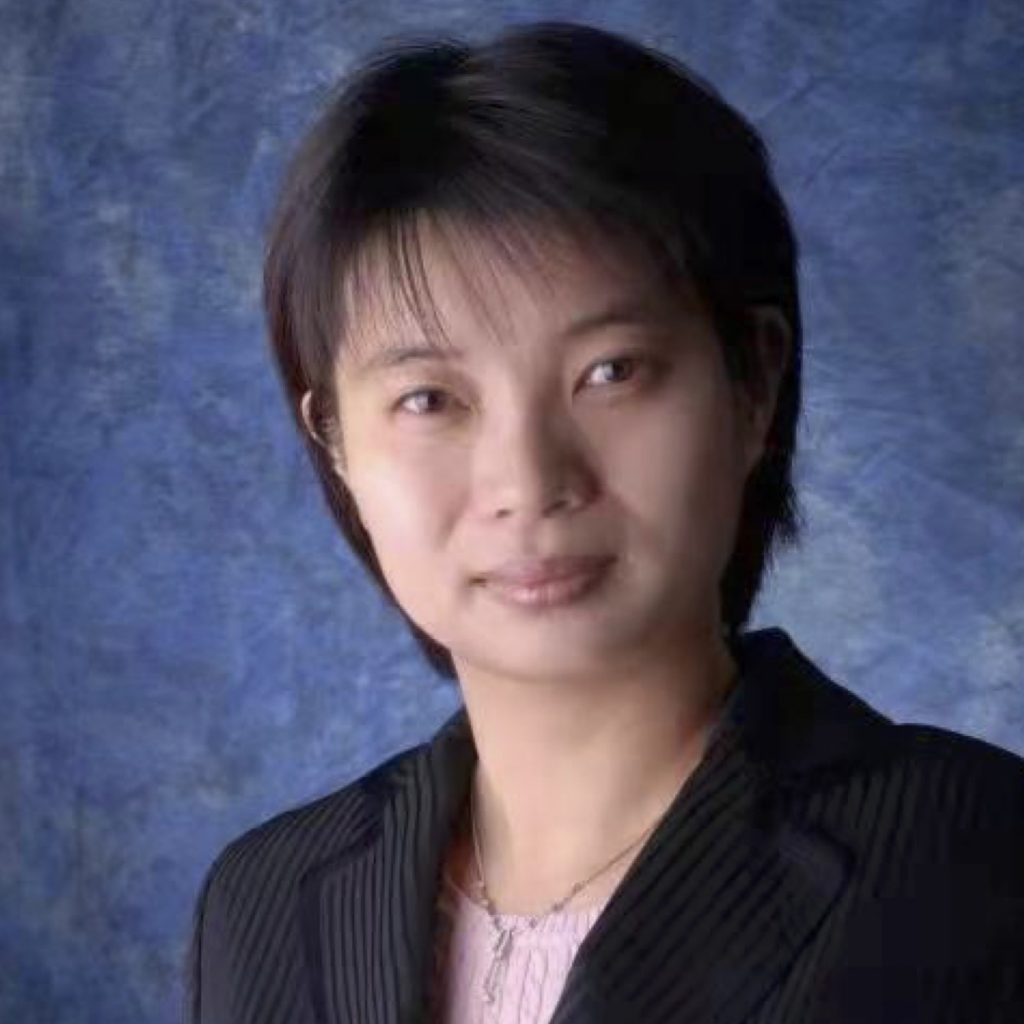
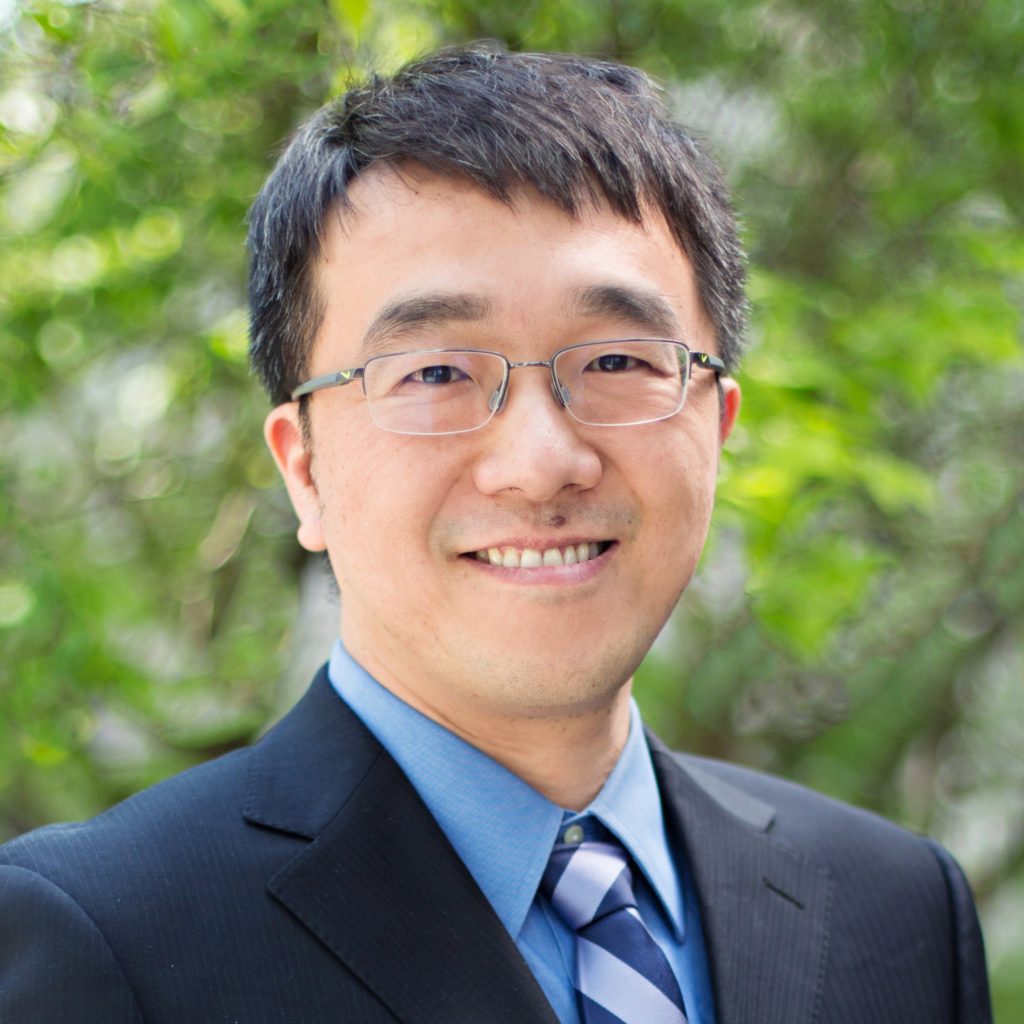
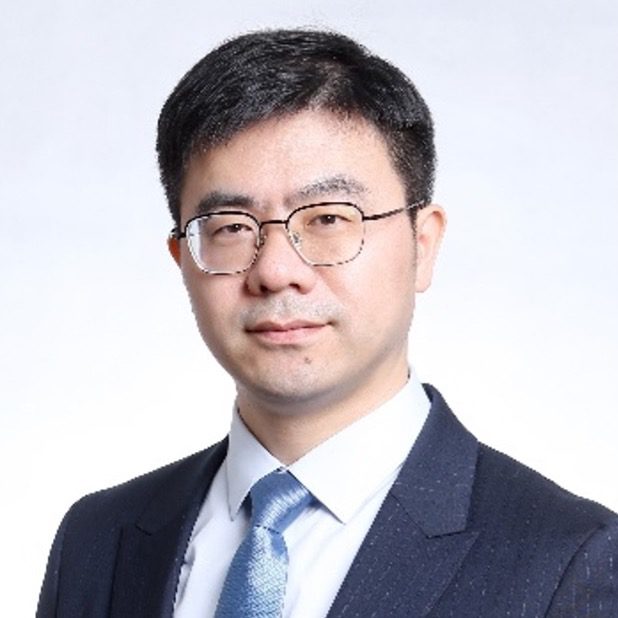
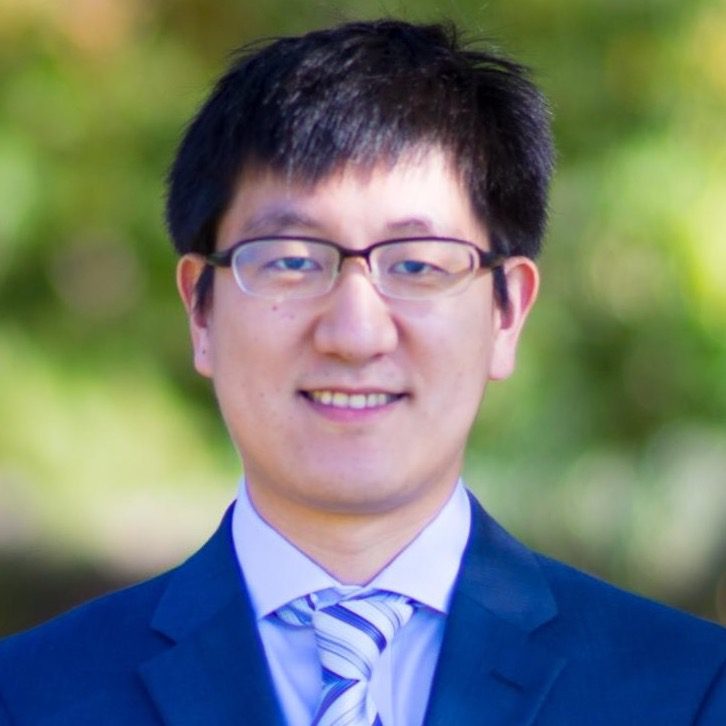
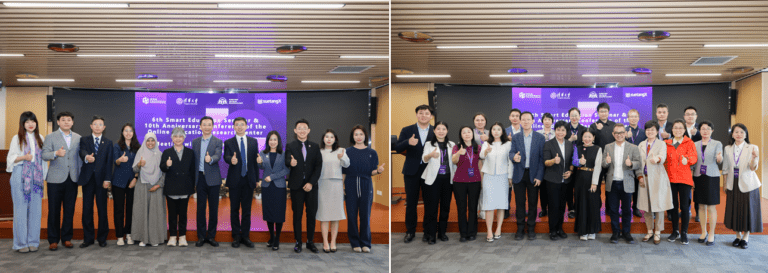
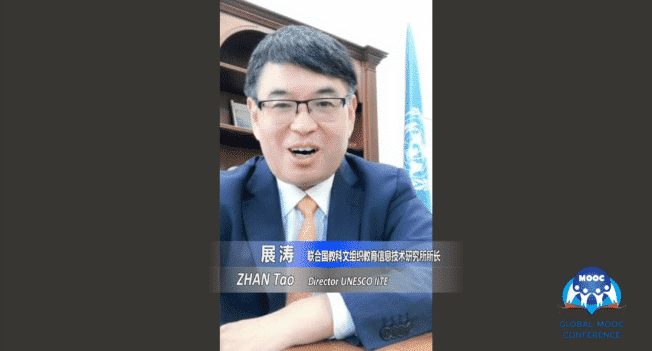
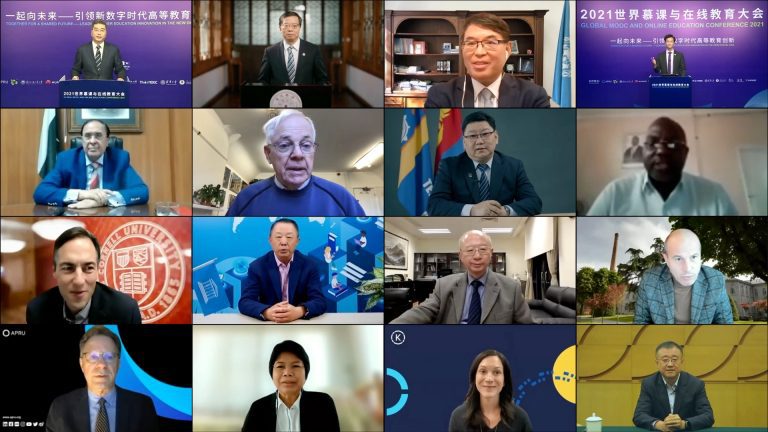
![[OED Host Reflect] XU Luping: “next generation to be trained to be innovative problem designers”](https://n6m6d6c3.rocketcdn.me/wp-content/uploads/2023/05/Screenshot-2023-06-06-at-00.34.15-768x432.png)
